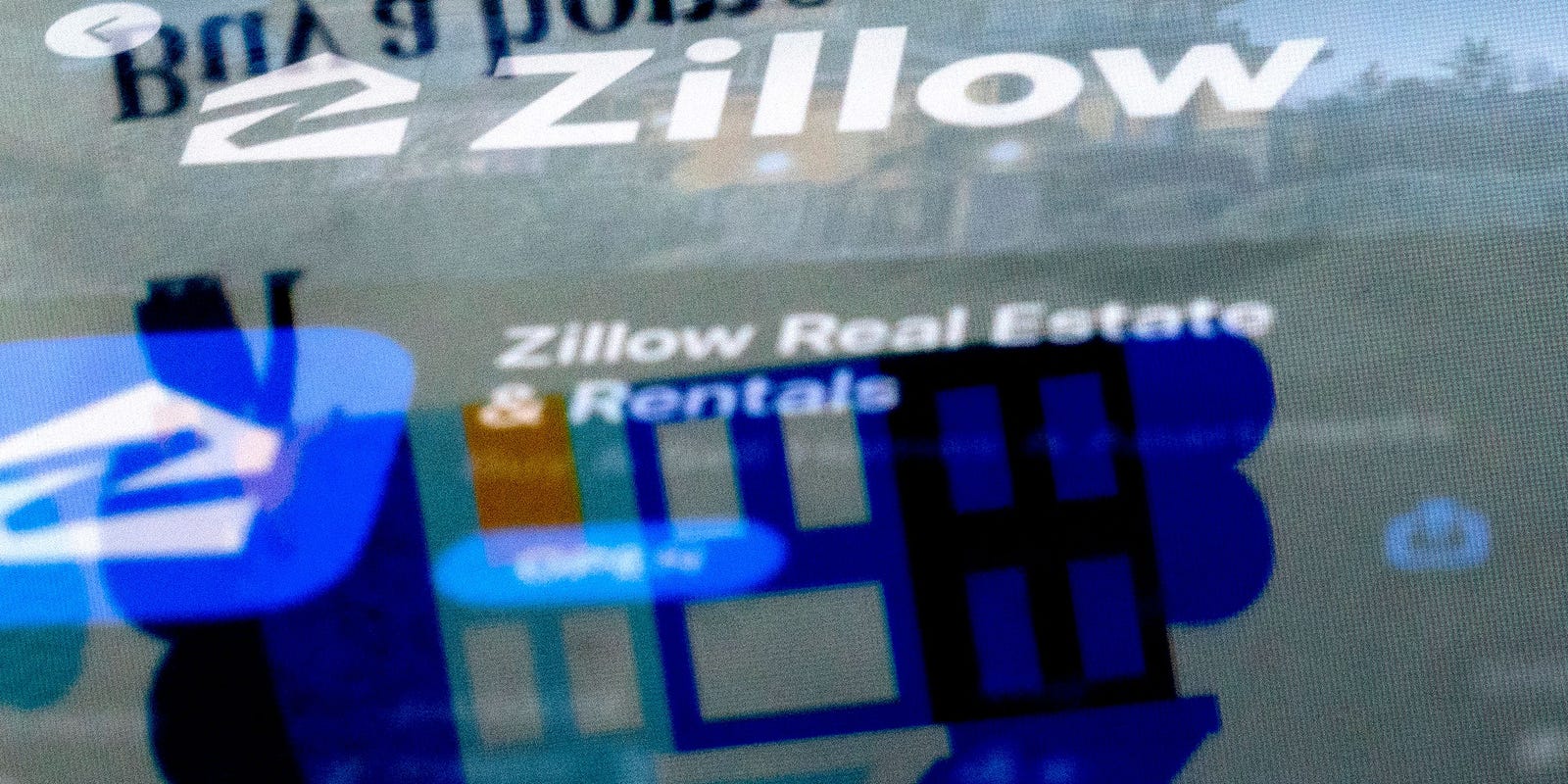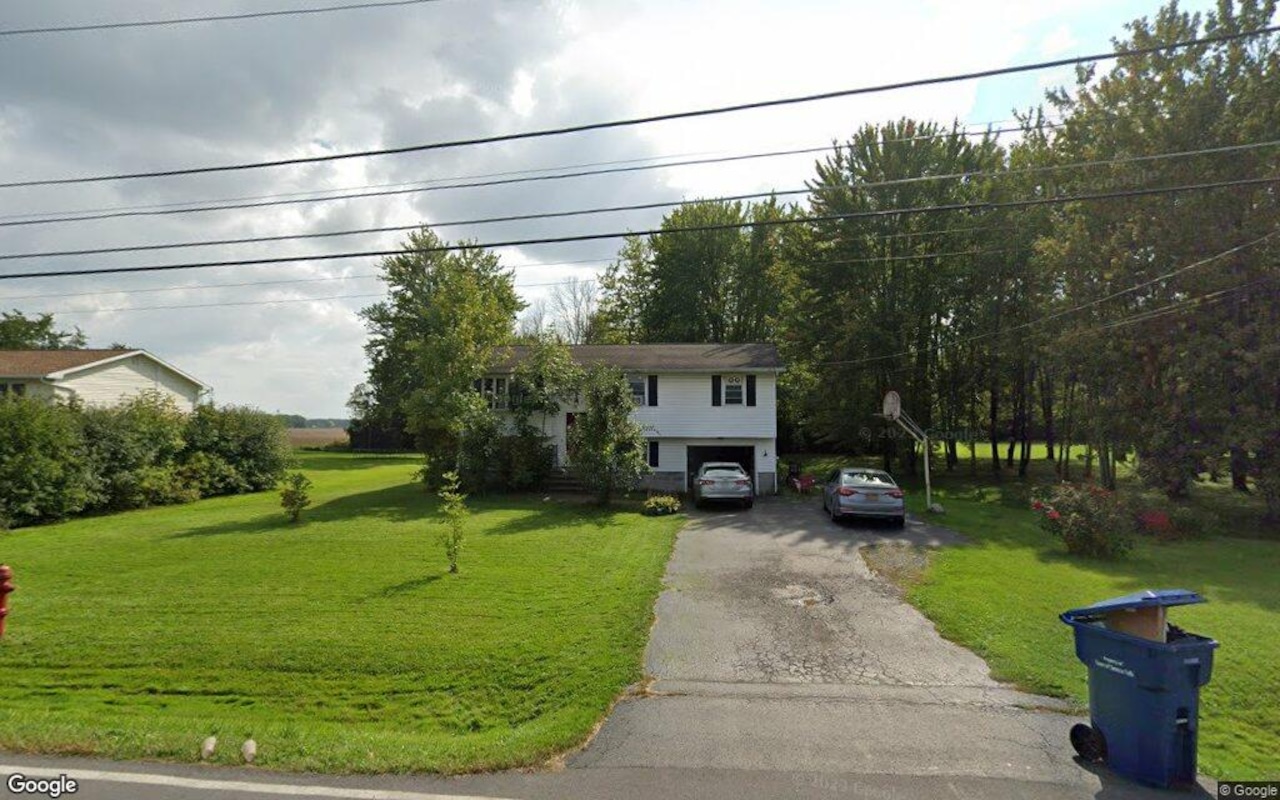A
dispute over how homeowners list their properties for sale is disrupting the housing industry, with significant implications for sellers and buyers. In response to a move by the National Association of Realtors (NAR), Zillow announced it would no longer accept listings that have been selectively marketed. The NAR had introduced new guidelines in March allowing real estate brokerages to delay sharing listings on Multiple Listing Service databases after they are posted.
Supporters of this "delayed marketing exempt listing" option argue it gives sellers a chance to gauge market interest before committing to broader advertising. However, critics claim it creates a more fragmented and inefficient marketplace that could be discriminatory. Zillow countered by stating that any listing accessible to consumers must also be shared with local MLS databases within one business day or risk being excluded from its platform.
Zillow's stance is significant due to its dominance in the residential real estate market. The company attracts 80% of consumers directly and commands 64% of traffic among listings apps, more than four times its closest competitor. While not everyone agrees with Zillow's decision, many see it as a step towards a more cohesive and transparent marketplace.
Industry participants note that NAR's policy was influenced by lobbying from large national brokerages, including Compass. However, some consumer advocates and industry experts view Zillow's move as a positive development, encouraging brokers to support its efforts in maintaining transparency and preventing market fragmentation.














